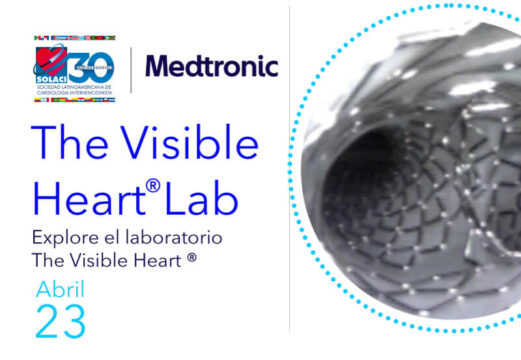Patients hospitalized for COVID-19 are at high risk for thrombosis, particularly venous thromboembolism. This information is not new: in a meta-analysis of 66 studies, the overall prevalence of venous thromboembolism among patients with COVID-19 admitted to intensive care units was between 14.1% and 22.7%.

Hypercoagulability is an early-described feature of this new virus, and so is the association between d-dimer levels and mortality.
While all of this is old news, the pressing issue was finding a practical application for it and reducing thrombosis and embolism in clinical practice without increasing bleeding (a high price to pay).
About 75 clinical studies were designed to test several anti-thrombotic schemes and agents. The most frequent were conventional heparin and low-molecular-weight heparin.
The INSPIRATION trial compared intermediate with standard prophylactic doses of low-molecular-weight heparin in 562 patients requiring critical care. The primary endpoint included thrombotic events and death; these were similar between schemes, but there were more bleeding events with the intermediate dose.
The RAPID study tested heparin at therapeutic dose vs. heparin in the anticoagulation range (both schemes with low-weight and unfractionated heparin). The endpoint was also similar in terms of thrombotic events, but mortality was lower with the anticoagulant range at 28 days.
Read also: Best Revascularization Strategy in Patients with Left Ventricular Deterioration.
One conventionally randomized study, ACTIV-4a, and two studies with adaptive randomization, REMAP-CAP and ATTACC, have been recently published in the New England Journal of Medicine (NEJM).
One of them focused on patients with severe COVID-19 and the others on patients with moderate COVID-19.
Two of the studies tested the potential benefit of therapeutic doses of heparin (90% used low-weight heparin) vs. standard thrombo-prophylaxis.
Results differed significantly between severely ill patients and those with moderate disease. However, they all paid a price in terms of bleeding.
With a large pathophysiological and methodological arsenal to try to explain the differences, we will shortly analyze these articles, which may be a new turning point in the treatment of COVID-19.
Original Title: Surviving Covid-19 with Heparin?
Reference: Hugo ten Cate. NEJM August 4, 2021. DOI: 10.1056/NEJMe2111151.
Subscribe to our weekly newsletter
Get the latest scientific articles on interventional cardiology



